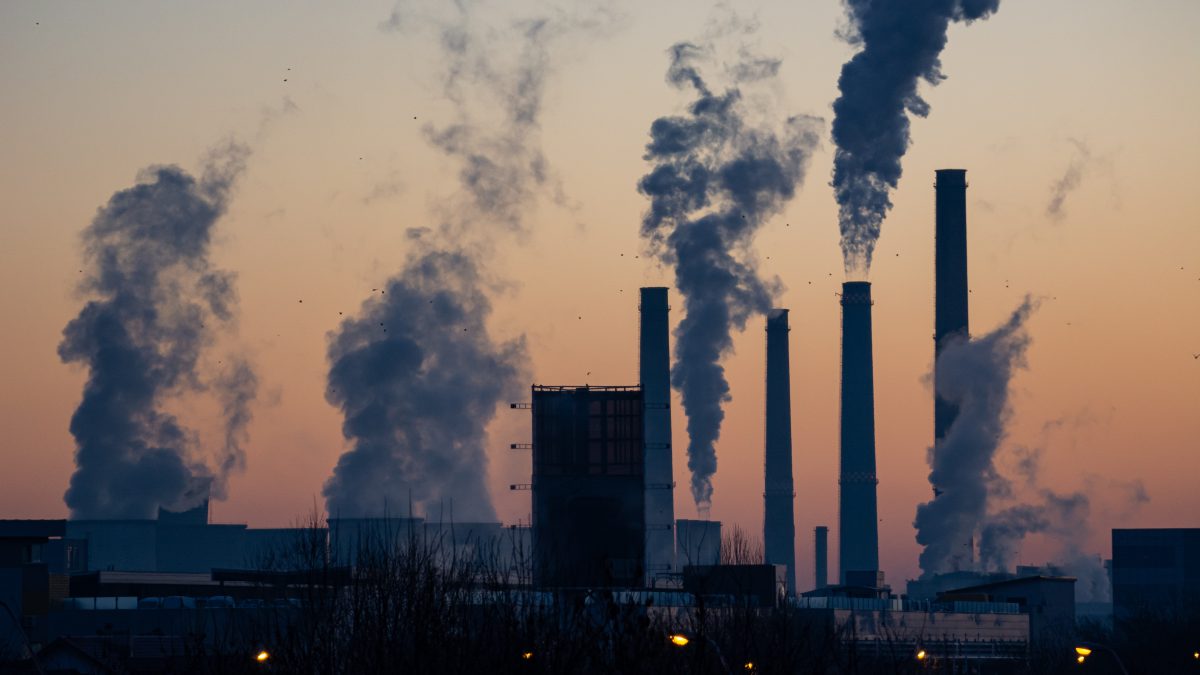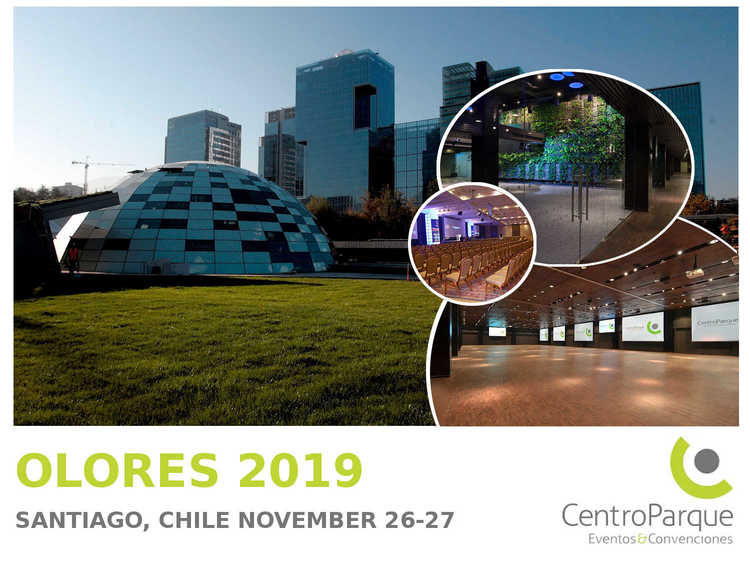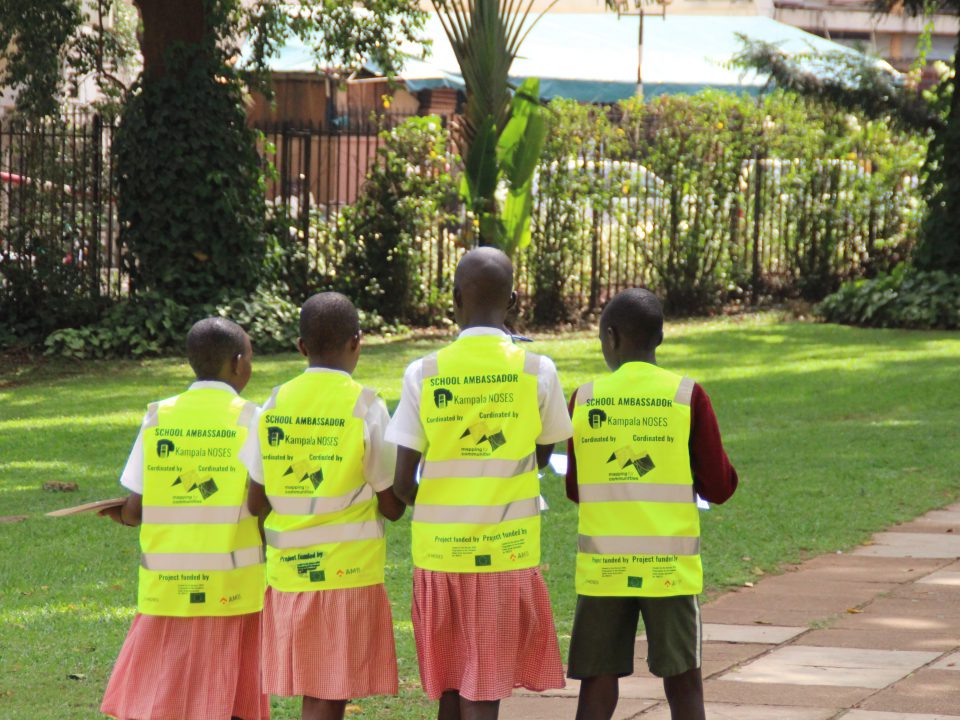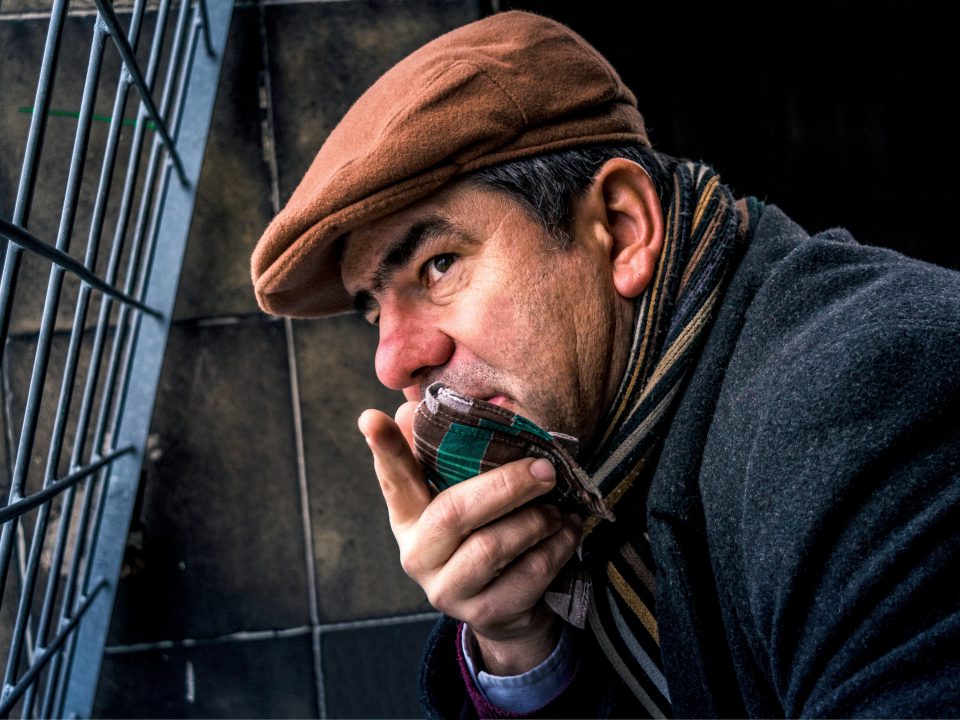In the UK, a brand new pilot was launched at the beginning of September, led by Mapping for Change.
Our pilot is set in the area of Southall and Hayes, West London. We are currently working with members of the community who are running a campaign to fight against the odour pollution generated by the re-development of a former gas site. (You can have a read of our previous post on the Clean Air for Southall and Hayes campaign).
- Who are the main stakeholders involved?
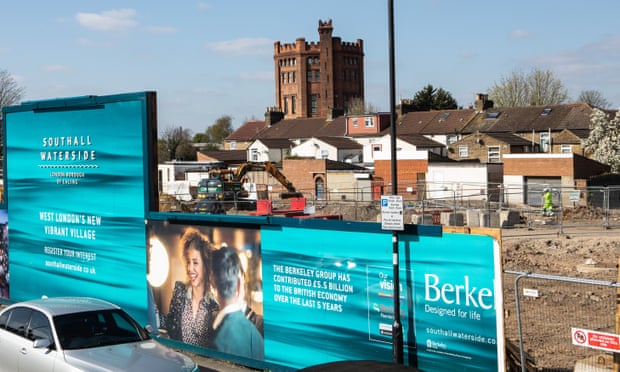
The people involved in the odour issues surrounding Southall are the residents around the former gas-site, the construction industry responsible for its redevelopment, and Ealing council, the local authority. The Environment Agency is another key stakeholder, who we have yet to engage.
- How far have you got in the engagement process?
Residents have shown a great willingness to utilise the OdourCollect app to demonstrate both when they are and when they’re not being impacted by odours, and are now regularly reporting. In parallel of this phase of data collection, Mapping for Change is engaging with other stakeholders, such as the council to explore how the tools could be incoporated as part of their environmental reporting system. Preliminary results from the data gathered will be shared with residents, along with other stakeholders, with the view to broadening the dialogue and exploring the kinds of consensus that could be reached to mitigate the odour issues arising.
- What are the current biggest challenges that your pilot is facing?
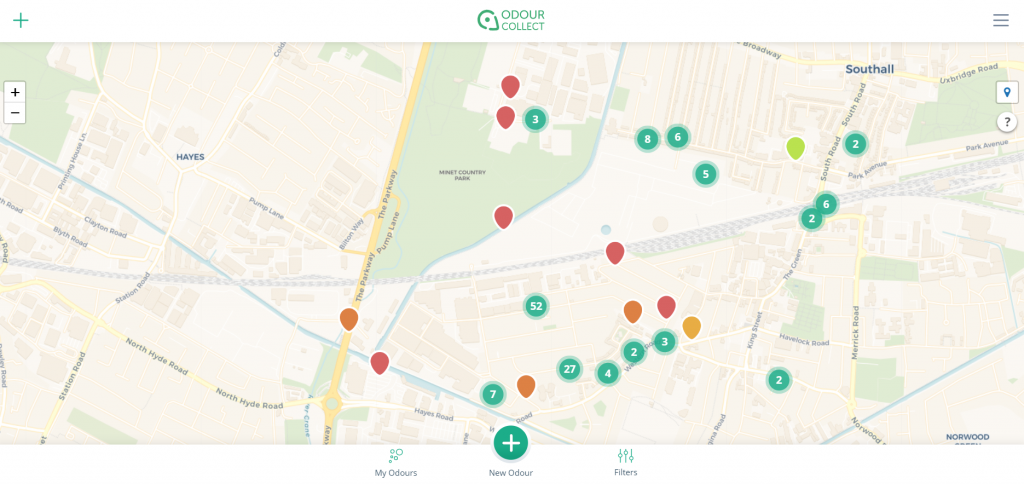
Certain stakeholders (the authorities, the industry) are much more cautious, especially in adopting innovative approaches, which on the one hand maybe viewed as open to abuse, and on the other too transparent. This is where both trust and cooperation needs to be developed across all stakeholders. The biggest challenge will be to successfully facilitate a round-table discussion where all parties engage in finding a mutually beneficial solution.
- … And what are the next steps?
We are working towards strengthening our relationships with the community engaged, as well as building trust between ourselves and Ealing council. We seek to engage both the developers, and the Environment Agency, who are responsible for setting out the requirements for remediating contaminated land. Our aim is to demonstrate the efficacy of D-NOSES tools and processes, in providing support to addressing a long-standing issue.
Meanwhile in Chile…
The Chilean pilot conducted at the town of Los Alamos completed a first phase of data collection end of April 2020. During the coronavirus pandemic, travel restrictions, curfews, and even lockdown measures are still in place, as incidence rates are higher than in most European countries.
“The data analysis results [retrieved after data collection in April 2020, editor’s note] were presented on a local level to some stakeholders during June and August, but with limited assistance, therefore lacking dissemination to a brought public. Evaluation of treatment efficiencies of the installed odour abatement devices at the odour emitting facility is still undergoing and realized during three-monthly site visits. Still, two important phases of the D-Noses pilot still haven´t been initiated: Co-creation of actions and the presentation of final results are pending.“
Gerhard, from Ecotec, leader of the Chilean pilot
Simone, from ECSA (European Citizen Science Association); more about them and their conference in our recent blogpost, gives us different insights about the German pilot:
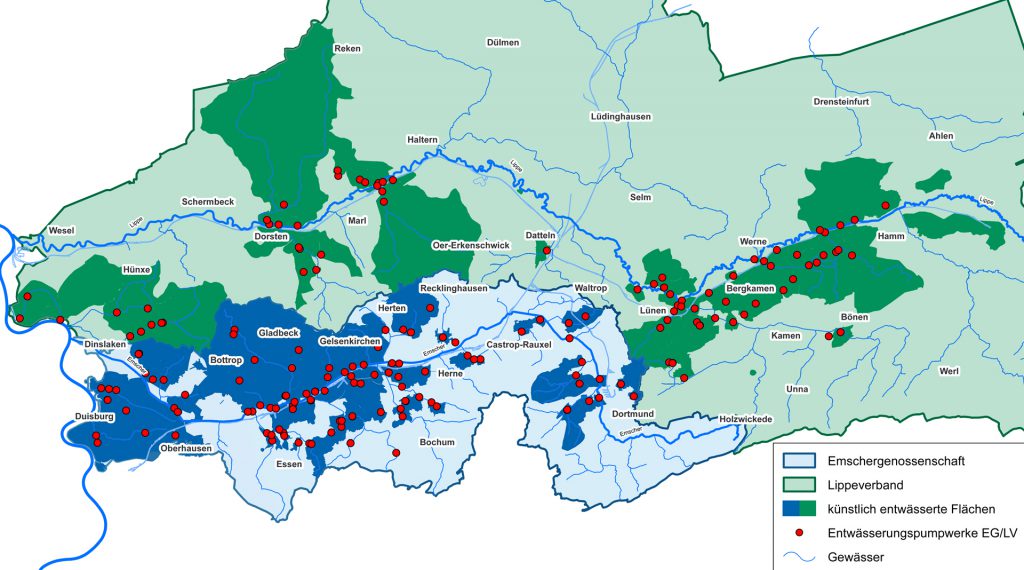
The German D-NOSES pilot is taking place in Schermbeck, North Rhine-Westphalia (NRW). The main reported odour issue in Schermbeck are odours coming from the sewage system, mainly in places where pressure pipelines merge into free-flow gravity pipes.
- Who are the main stakeholders involved?
The municipality of Schermbeck is the owner and manager of the sewage system and is therefore the main stakeholder involved in the mitigation of odour emissions from these pipes. In addition, the Emschergenossenschaft/Lippeverband (EGLV) a regional water resource manager closely collaborates with the municipality to resolve these odour issues, because the odourous water ultimately ends up in the local WWTP, which is owned and managed by the EGLV.
- How far have you got in the engagement process?
We still only have a couple of citizens actively collecting data at the moment, even though we received some expressions of interest from further citizens. The municipality of Schermbeck is testing mitigation techniques at one of the known sites of odour emissions and is keen to use the OdourCollect data to identify further priority locations for mitigation.
- What are the current biggest challenges that your pilot is facing?
We are struggling to engage the citizens of Schermbeck. Due to the current pandemic, the beginning of the pilot was delayed and all our efforts so far had to happen remotely, through online workshops and remote engagement. This makes it much more difficult to reach the community. Even though we contacted citizens living in the proximity of known odour sources and contacted each of them individually, we have not gotten a lot of responses and workshop attendances so far.
- What are you working towards?
We are planning to engage established community groups in Schermbeck and collaborate closely with the municipality to figure out what kind of data (where, when and how) would be most useful to them to support their mitigation efforts.



